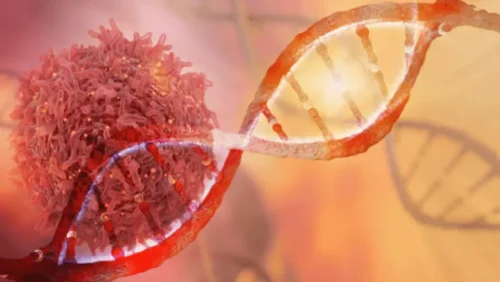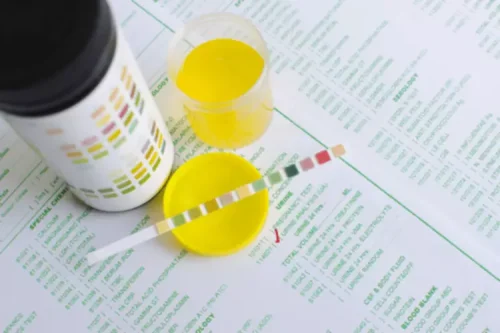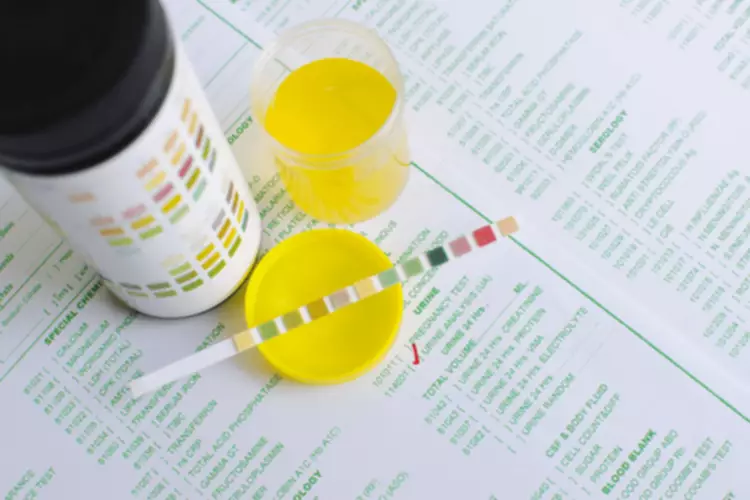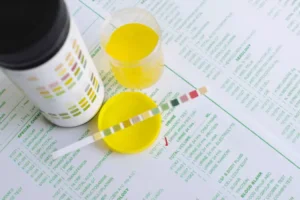Alcohol allergies: Symptoms, treatments, and alcohol intolerance
Category : Sober living
When eating out, they should make a point of asking about ingredients to make sure they do not contain alcohol, because even a small amount can cause a reaction. However, only two of the 68 participants have a medically diagnosed allergy. This figure represents people whose symptoms are traceable to what the manufacturers made the product from and its production https://ecosoberhouse.com/article/relation-between-alcohol-and-dementia/ process, not the alcohol itself. Just as grapes can become wine, table fruit that becomes too ripe might contain enough alcohol to cause a reaction in someone with an alcohol allergy. Now you know why we were asking you to drop that glass right away. So, the next time you see any of these signs after boozing, then consult a doctor and call it quits for a while.

However, asthma experts warn sufferers to choose their drinks carefully, because even low-sulphite wines will contain some sulphites. When we drink alcohol, an enzyme in our bodies called alcohol dehydrogenase (ADH) breaks it down into a compound called acetaldehyde. Another enzyme, aldehyde dehydrogenase (ALDH), then turns acetaldehyde into non-toxic acetic acid (vinegar).
When to see a doctor
An allergic reaction might not occur the first time a person encounters an allergen. However, they can come on suddenly, and a person could develop an alcohol allergy at any point in their life. Your healthcare provider will ask you about the symptoms and reactions that occur after you drink alcohol. No, alcohol intolerance is not the same as being intoxicated or drunk.
- Although not a true allergy, in some cases, what seems to be alcohol intolerance might be your reaction to something in an alcoholic beverage — such as chemicals, grains or preservatives.
- Researchers are exploring the complex relationship between alcohol and allergic reactions.
- You may be more likely to have reactions to alcohol if you have any of these factors.
- Your healthcare provider can order this test or you can purchase one through private vendors.
- Alcohol-induced respiratory symptoms are common in patients with aspirin exacerbated respiratory disease.
But in rare cases, they become painful after alcohol consumption. People often call alcohol intolerance an alcohol allergy, and vice versa. People who have a true alcohol allergy should avoid drinking alcohol entirely. Those who notice an increase in their asthma symptoms after drinking alcoholic beverages, especially wine, might be reacting to potassium metabisulfite, a common preservative. These substances can make your blood vessels dilate, which causes symptoms of alcohol intolerance. People with aspirin-exacerbated respiratory disease (AERD) are also more likely to have alcohol intolerance.
Low blood pressure
Editor’s Choice articles are based on recommendations by the scientific editors of MDPI journals from around the world. Editors select a small number of articles recently published in the journal that they believe will be particularly
interesting to readers, or important allergic reaction to alcohol in the respective research area. The aim is to provide a snapshot of some of the
most exciting work published in the various research areas of the journal. Feature papers represent the most advanced research with significant potential for high impact in the field.
Nonallergic rhinitis – Symptoms & causes – Mayo Clinic
Nonallergic rhinitis – Symptoms & causes.
Posted: Tue, 14 Mar 2023 07:00:00 GMT [source]
An allergy occurs due to an immune response triggered by alcohol consumption, while intolerance results from the body’s inefficiency in metabolizing alcohol, often due to a genetic condition. The symptoms and signs of an alcohol allergy can vary widely, ranging from mild intolerances to severe, dangerous allergic reactions. Alcohol allergy is very rare but allergic reactions can be strong, leading in some cases to anaphylaxis which can be fatal. The symptoms of alcohol allergy can be very similar to alcohol intolerance. Alcoholic drinks can also trigger an allergic reaction to food if you consume the two together, as alcohol can interfere with the gut lining. For example, someone with a wheat allergy may only react after eating wheat followed by drinking alcohol or exercising.
General Symptoms & Signs
If you have alcohol intolerance, drinking even tiny amounts of alcohol can cause you to flush, usually within 20 to 30 minutes of drinking. Severe flushing can be very uncomfortable, but it is not dangerous. Symptoms of alcohol intolerance can make a person feel uncomfortable.
- The symptoms and signs of an alcohol allergy can vary widely, ranging from mild intolerances to severe, dangerous allergic reactions.
- A person with severe allergies should carry one with them at all times, in case of a serious allergic reaction.
- One report, which the American Academy of Allergy Asthma & Immunology (AAAAI) cite, found a link between high levels of alcohol use and high IgE levels.
- Sulfur dioxide, commonly found in home-brewed beers and wines, especially in the form of sodium metabisulfite, is another potential culprit.
- There is nothing you can do to prevent reactions to alcohol or to ingredients in alcoholic beverages, according to the Healthline website.





